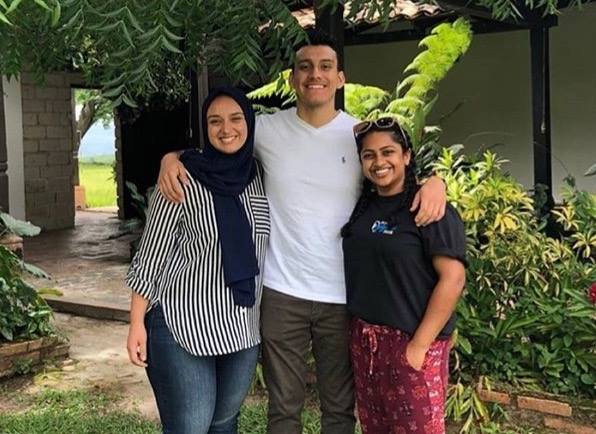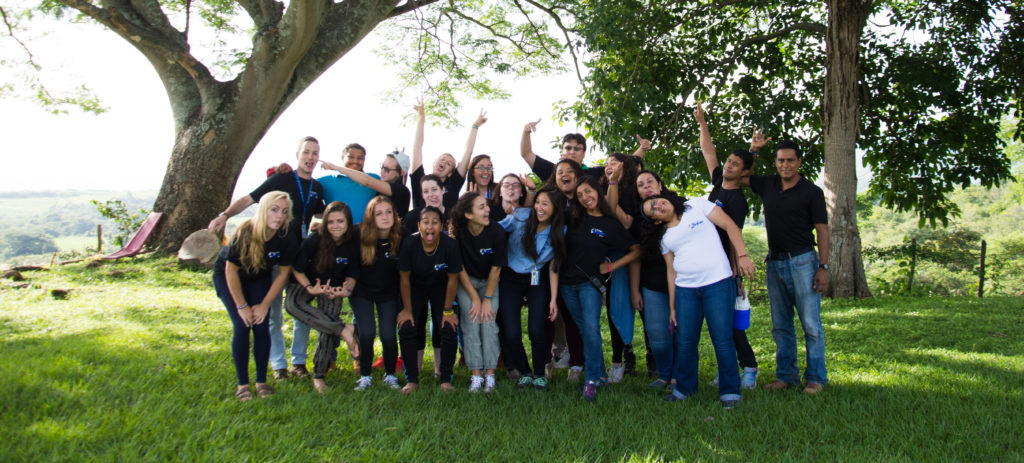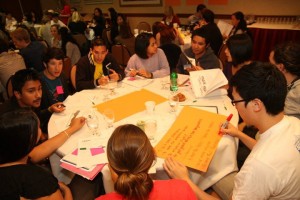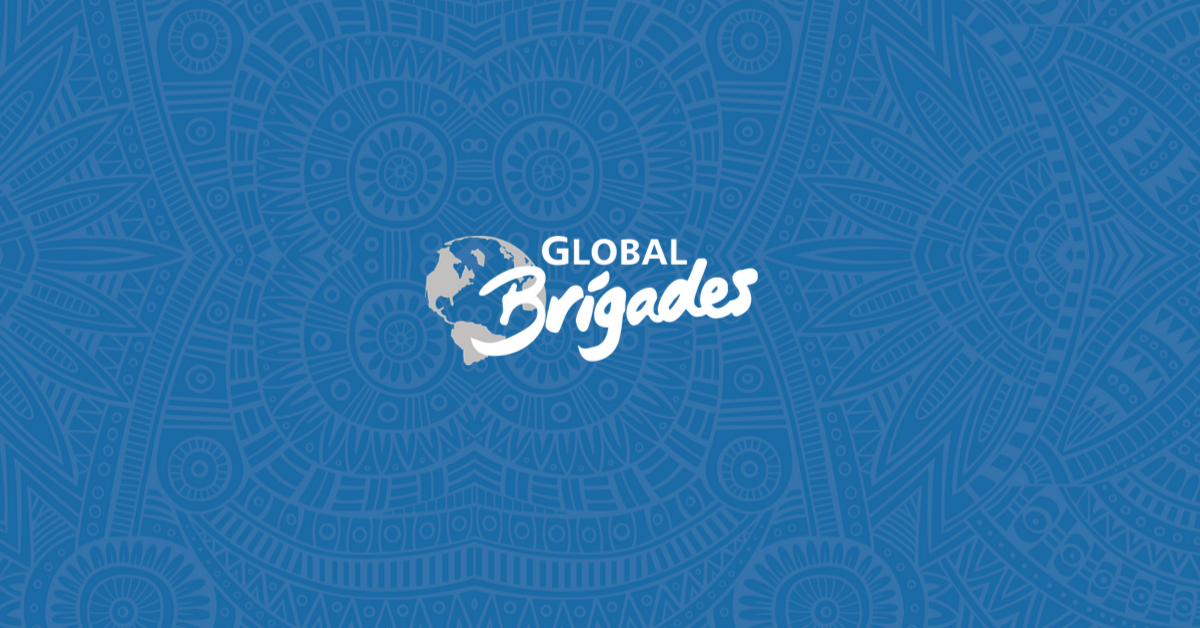This is a guest blog article written by Faustin Arevalo, Campus Chairperson. and Michael Dolegiewitz Global Brigades President at the New Jersey Institute of Technology
During the spring semester, we received an email about this thing called the “Honduras Leadership Institute.” It seemed like an awesome opportunity for our leadership team because we are already involved in all things Global Brigades. We decided to apply, and we are so grateful we did. The purpose of the Honduras Leadership Institute was to deepen our understanding of international sustainable development, reinforce our passion for the Holistic Model, develop our leadership abilities, and grow the Global Brigades movement on campus. In Honduras, we were exposed to all the programs Global Brigades has to offer: Medical, Dental, Public Health, Water, Engineering, Business, and Legal Empowerment. We saw firsthand how they were implemented in the communities and the value that each program adds to carrying out the Holistic Model.
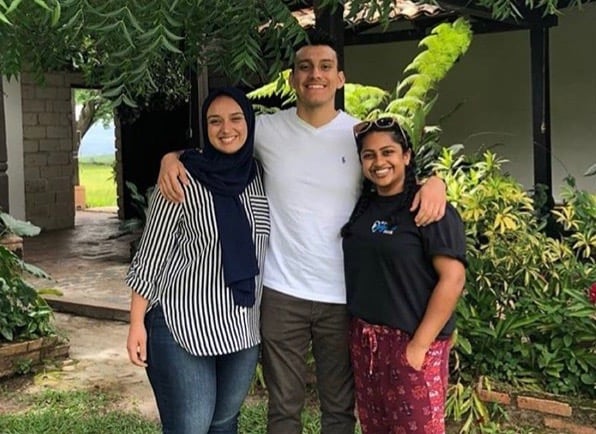
Here are 8 things we learned from our experience at the Honduras Leadership Institute.
- People do not need help, instead they need empowerment…
- Empowerment is the process of becoming stronger and more confident, especially in controlling one’s life and claiming one’s rights
- Empowerment is creating an infrastructure that propels passion to meaningful results
- As volunteers we provide resources and support so that communities can achieve their dreams, whether they be financial, health, or sanitation related.
- The Empowered 100 and UN Sustainable Development Goals go hand-in-hand
- The GB’s Empowered 100 campaign aims to empower 100 rural Central American communities with 65,000 persons to permanently rise out of global poverty
- The campaign is anchored to 3 United Nations Sustainable Development Goals: Good Health, Clean Water and Sanitation, Decent Work and Economic Growth.
- Community Health Workers (CHWs)are the real MVPs
- When GB Medical Brigade volunteers are not in rural communities, CHWs are there to provide screenings, support, and education
- Being a CHW is an unpaid, volunteer position for people who want to serve their community. They are trained in taking blood pressure, glucose screenings, cleaning ulcers, palliative care, prenatal care and even depression management
- In Honduras, we were able to deliver a small refrigerator to a family of three Type 1 diabetics who did not have the means to properly store their insulin. It was the CHWs that identified this need and initiated the movement to get this family what they desperately needed.
- Find your Why
- People don’t buy into what you do, they buy into why you do it!
- We should create mission statements for our lives to reinforce our core values and reaffirm our purpose
- True success is driven from a purpose.
- Debate is an opportunity to educate
- Don’t feel threatened when someone critiques the work you do. Welcome it, because it is an opportunity to educate
- Discussion leads to growth and eliminates stereotypes about yourself or the organizations you are a part of.
- “Leadership is the capacity to translate vision into reality” – Warren Bennis
- Have you ever followed anyone who does not have a vision or goal they want to achieve? I certainly have not
- Vision is necessary for leadership because it provides direction for the future
- Vision is what drives catalytic change.
- Leadership diversity is to be desired
- At the Institute, we did a work-style self-assessment where we identified the characteristics that dominate our work-style
- On our leadership team we identified members that fit all four work styles in the self-assessment: Analytical, Driver, Amiable, Expressive
- We are an interdependent group, and we supplement our weaknesses. What the expressive leader is weak in, the analytical is strong in, for example
- More importantly, because of our diversity in leadership we can learn from each other and discuss new ideas.
- “Be the change you wish to see in the world” – Mahatma Gandhi
- The Institute opened my eyes to what it means to be a leader. A leader doesn’t set out to lead but rather sets out to make a difference. I learned the importance of having courage to take risks and to learn from others, to have a purpose behind what I do and to set out to make a true difference in the world. I’ve always believed that life is about leaving the world a little better than when I came into it. By participating in organizations such as GB, we can be role models who set the stage for change. All it takes is a willing heart.
If you want to grow your leadership skills and get a firsthand look at Global Brigades’ Holistic Model, apply to join a Leadership Institute this summer!
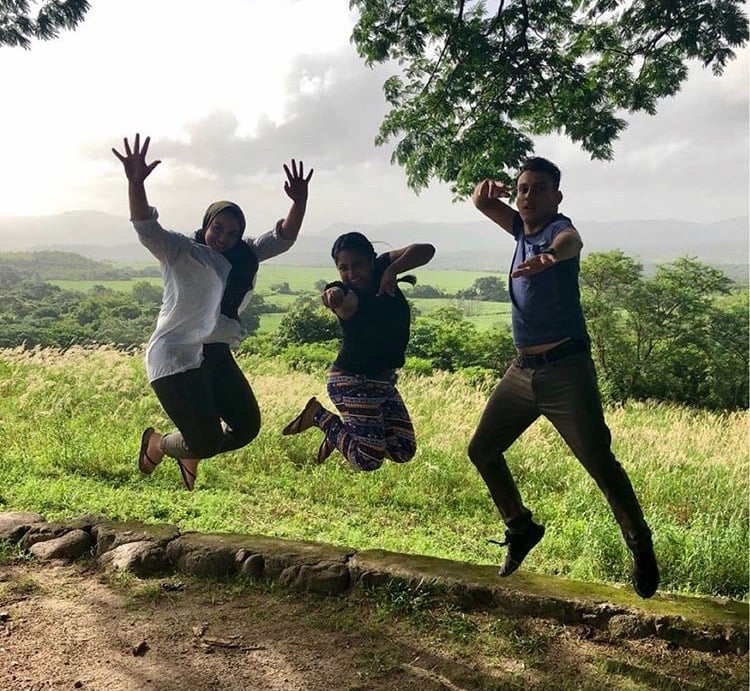
Faustin Arevalo is the Campus Chairperson of NJIT Global Brigades. He is a fourth year chemical engineering student graduating December 2019. Faustin has been heavily involved and passionate about Global Brigades since its inception at NJIT in 2015. Since then he has served as President for two years and has been on three medical brigades (Ghana, Panama, Nicaragua) and one leadership institute (Honduras). During his free time, Faustin loves to run, read, and spend time with family.
Michael Dolegiewitz is the President of NJIT Global Brigades. He is a fourth year majoring in Biomedical Engineering and will be graduating in May 2019. Michael has been an active member of the chapter since its founding in 2015, and has been a part of the Executive Board since 2016. He has attended Medical Brigades in Panama (2016) and Nicaragua (2017) , as well as been on the GB Leadership Institute in Honduras (2018). Michael will be attending his last undergraduate brigade this March, NJIT’s Engineering Brigade in Honduras.
This blog piece was originally shared on NJIT’s website.

